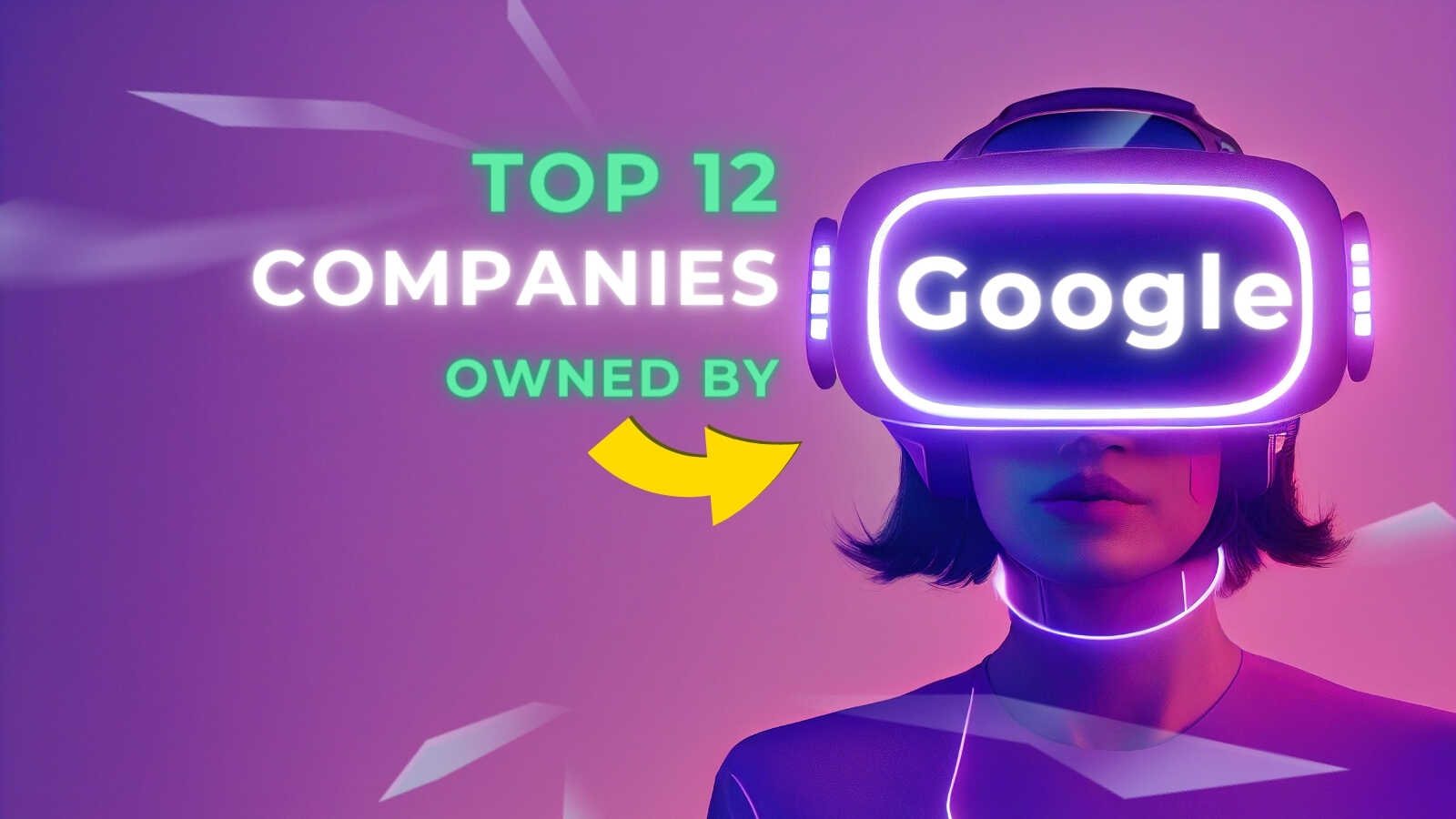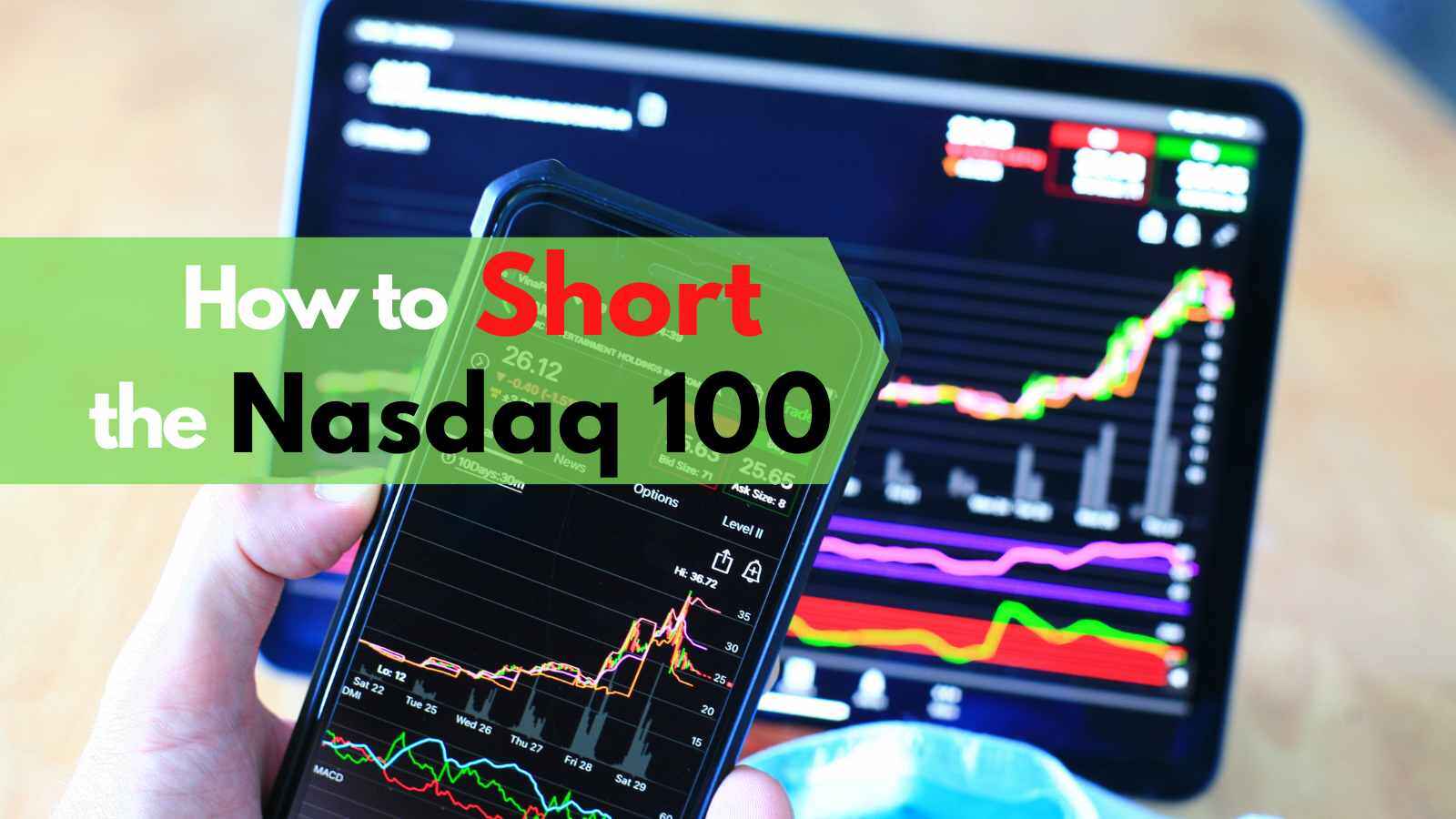We have listed the diverse range of companies under Google’s umbrella. Google has an impressive portfolio, from innovative tech ventures to cutting-edge research organizations.
From Google Search, the biggest search engine, to YouTube, the largest video-sharing platform, get ready to learn more surprising companies owned or acquired by Google.
Have a closer look at these remarkable companies reshaping industries across the globe. Scroll down to discover our top picks and how these companies are shaping the future with Google at their helm.

List of Companies Owned by Google:
1. Android
Google owns Android, the top mobile system. Google got it in 2005. Android runs on many devices like phones, tablets, and TVs. Google’s control over Android lets them put their services like Search, Gmail, Store, and Maps in the system. This has helped Google stay big in mobile and made Android super popular.
2. YouTube
YouTube was acquired by Google on October 9, 2006 for $1.65 billion. Since then, it has grown to be one of the most visited websites in the world.
- Vast User Base: With over 2.49 billion logged-in monthly users, YouTube caters to a diverse audience worldwide.
- Content Diversity: From music videos and tutorials to vlogs and documentaries, YouTube hosts an extensive range of content for various interests.
- Monetization Opportunities: Content creators can earn through ads, memberships, merchandise sales, and Super Chats during live streams on the platform.
- Global Reach: Available in over 100 countries and supporting over 80 languages, YouTube’s global reach is truly tremendous.
With Google behind it, YouTube has grown even bigger, attracting billions of users every month. The giant video platform has over 2.49 billion monthly active users. It’s now replaced traditional TV channels.
3. DeepMind
DeepMind, a British artificial intelligence company, was acquired by Google on January 26, 2014. Known for its groundbreaking advancements in AI research, DeepMind has made significant contributions to various fields such as healthcare and gaming.
- AI Innovations: DeepMind’s AlphaGo program, a company, defeated the world champion in the complex game of Go, showcasing the power of AI algorithms.
- Healthcare Applications: The company has been involved in projects using AI to improve patient care and outcomes within the healthcare sector.
- Ethical Considerations: DeepMind’s company work raises important ethical questions regarding data privacy and the use of AI technologies on a large scale.
- Research Collaborations: DeepMind, a company, collaborates with academic institutions worldwide to further push the boundaries of artificial intelligence research.
As a subsidiary of Alphabet Inc., Google’s parent company, DeepMind continues to drive progress in AI development while benefiting from Google’s resources and expertise.
4. Looker
Looker is a company specializing in business intelligence and data analytics solutions. It was acquired by Google in June 2019 for $2.6 billion. The acquisition marked Google’s strategic move to enhance its cloud services with advanced data analytics capabilities.
Through the integration of Looker’s technologies into Google Cloud, organizations can harness the power of robust analytics tools to unlock valuable insights from their vast amounts of data. This synergy enhances Google Cloud’s value proposition and strengthens its position as a leading provider of cloud-based solutions for businesses worldwide.
The acquisition of Looker has further solidified Google’s commitment to offering comprehensive services that cater to the evolving needs of modern enterprises. As more companies recognize the importance of leveraging data for competitive advantage, Looker’s expertise in business intelligence continues to play a pivotal role in shaping the future landscape of analytics-driven decision-making.
5. Waze
Google acquired Waze, a popular GPS navigation app, in June 2013 for $1.3 billion. This smart app offers users real-time traffic updates and efficient route planning.
- Waze, a company, stands out for providing up-to-the-minute traffic information.
- Community-Based Features: Users can actively report accidents, police traps, and road closures.
- Alternative Routes: The app suggests alternative routes based on current traffic conditions.
With over 140 million monthly active users worldwide, the app has become a choice for drivers seeking accurate navigation assistance.
6. Gemini
Gemini is a large language model created by the collaborative efforts of talented people at Google in October 2023. It’s emerging as a formidable rival in the world of Chat GPT technology.
It’s quickly gaining recognition as a strong competitor to existing language models like Open AI because of its advanced natural language processing capabilities and ability to generate human-like responses.
Its versatility and adaptability make it popular for businesses wanting to enhance customer interactions and streamline communication processes. Gemini’s ability to understand context, tone, and nuances in conversations sets it apart as a powerful Chat GPT rival, poised to revolutionize the way we engage with AI-powered chatbots.
7. Kaggle
Kaggle, a renowned platform for data science and machine learning competitions, was acquired by Google on March 8, 2017. This acquisition marked a strategic move by Google to tap into the vast pool of data enthusiasts and professionals that Kaggle attracts.
The platform serves as a hub for various projects related to data analysis, hosting datasets, notebooks, and competitions. Data scientists and analysts can leverage Kaggle’s resources to collaborate on diverse projects or participate in competitive challenges.
One key feature of Kaggle is its community-driven approach; users can share their projects with others, fostering knowledge exchange and collaboration within the data science field. This communal aspect has significantly contributed to the platform’s popularity among data enthusiasts worldwide.
Moreover, Kaggle provides an avenue for individuals to showcase their skills through participation in competitions hosted on the platform. These contests often attract top talent from around the globe, offering participants opportunities to test their abilities against industry peers.
In essence, Google’s ownership of Kaggle has enriched its portfolio and strengthened its foothold in the realm of data science and machine learning—a testament to Google’s commitment to innovation and technological advancement.
8. Waymo
Waymo, a prominent self-driving technology company, emerged from Google’s internal project to become an independent entity under Alphabet Inc. This transition allowed Waymo to focus solely on advancing autonomous vehicle technology without being overshadowed by Google’s other ventures.
The company has been at the forefront of developing cutting-edge solutions for self-driving cars, positioning itself as a leader in the field of autonomous vehicles. Waymo’s commitment to safety and innovation has led to significant advancements in driverless technology, setting new standards for the industry.
With a strong emphasis on research and development, Waymo continues to refine its systems through extensive testing and real-world applications. The company’s dedication to perfecting self-driving capabilities underscores its mission to revolutionize transportation and make roads safer for everyone.
9. Nest Labs
Google acquired Nest Labs in January 2014 for $3.2 billion. Nest Labs specializes in smart home products like thermostats and cameras. These cutting-edge devices are tailored to streamline home automation processes for a more convenient lifestyle.
- Smart Home Innovations: Nest Labs’ product line revolutionizes how we interact with our homes, offering advanced features like learning algorithms that adapt to users’ behaviors.
- Energy Efficiency: The smart thermostats produced by Nest can significantly reduce energy consumption through intelligent temperature control, potentially leading to cost savings on utility bills.
- Integration with Google Ecosystem: Being under Google’s umbrella allows Nest products seamless integration with other Google services and platforms, enhancing user experience and accessibility.
- User-Friendly Design: Nest’s commitment to user-friendly interfaces ensures that even those new to smart home technology can easily navigate and benefit from its range of innovative products.
10. Firebase
Google acquired Firebase, a platform for developing mobile and web applications, on October 21, 2014. This acquisition was a big deal because it brought a ton of resources and expertise to Firebase.
With Google’s backing, Firebase was able to grow and improve its services. Now, Firebase offers a bunch of cool stuff like a real-time database, authentication features (that means keeping your app secure), cloud messaging (for sending notifications), hosting (so you can put your app online), and analytics (to track how people are using your app).
Since joining forces with Google, Firebase has become super popular among developers who want to create top-notch apps with strong backend support. The best part? Firebase now works seamlessly with other Google services, making it even easier for developers to take advantage of all its cool features. This collaboration has benefited Google, Firebase, and the whole developer community.
11. Verily
Verily Life Sciences, formerly known as Google Life Sciences, is a subsidiary of Alphabet Inc., focusing on healthcare and life sciences innovation. The company aims to revolutionize healthcare by developing cutting-edge tools and platforms that enhance medical research and improve patient outcomes.
Its commitment to leveraging technology for health solutions has led to the creation of various groundbreaking products. Their projects include smart contact lenses for monitoring glucose levels in diabetic patients, surgical robots with advanced imaging capabilities, and clinical studies using wearable devices to gather real-time health data.
Verily is at the forefront of driving organic growth in the healthcare industry by collaborating with pharmaceutical companies, research institutions, and healthcare providers worldwide. The company continues to shape the future of personalized medicine and disease management through its innovative approach to integrating technology into traditional medical practices.
12. Fitbit
Google acquired Fitbit, a company specializing in wearable fitness technology, in January 2021 to expand its portfolio. Fitbit is renowned for its range of products, including activity trackers and smartwatches catering to the health-conscious market.
In August 2024, Google announced it would stop making new Fitbit smartwatches and focus on Pixel Watches. However, the Fitbit brand continues to exist, concentrating on producing minimalist and durable fitness trackers.
Final Thoughts:
From Fitbit to Waymo, each acquisition showcases Google’s diverse portfolio and innovative spirit. These companies complement Google’s existing services and pave the way for groundbreaking advancements in various industries. As you explore these entities, remember that Google’s influence extends far beyond its search engine roots.
Understanding Google’s acquisitions provides a glimpse into the future landscape in a world where technology evolves rapidly. Keep an eye on these companies as they continue to shape our digital world. Who knows what the next acquisition will bring? Stay curious and stay informed.
Don’t miss reading:



